1969 Chevrolet Camaro Z/28, Professional body-off restoration, 302, 4-spd Car!!!
- Make: Chevrolet
- Model: Camaro
- SubModel: Z28
- Type: Coupe
- Trim: Camaro Z/28
- Year: 1969
- Mileage: 48,250
- VIN: 124379N637177
- Color: Black
- Engine size: 302
- Number of cylinders: 8
- Transmission: Manual
- Drive type: RWD
- Interior color: Black
- Vehicle Title: Clear
- Interested?
1969 Chevrolet Camaro Camaro Z/28 Description
1969 Chevrolet Camaro Z/28 Description1969 Chevrolet Camaro Z/28
Professional body-off restoration Black exterior with white racing stripes and black interior Correct, numbers matching DZ 302 CID V-8 engine with four-barrel carburetor (350 actual hp) Correct Muncie M21 four-speed manual transmission with Hurst shifter Correct, BT-code, 12-bolt Positraction rear end, 3.55 gearing Front disc brakes Original body panels and upholstery Rebuilt powertrain Factory AM/FM radio Tilt steering column Documentation includes owner’s manual, some photos taken during the restoration, vehicle data sheet and other informationSearching for a hard-to-find first-generation Camaro? Z/28 aficionados, rejoice! MotoeXotica Classic Cars is proud to offer this 1969 Chevrolet Camaro Z/28. This example was made in April 1969 at GM’s Norwood, Ohio assembly facility. It has since been treated to a professional body-off restoration.
Under the hood is a rebuilt powertrain, featuring the correct, numbers matching DZ 302 CID V-8 engine with a four-barrel carburetor making 350 actual horsepower, 60 more than the advertised rate of 290 hp. Linked to that engine is the date-coded (March 4, 1969) and correct Muncie M21 four-speed manual transmission with a Hurst shifter. Behind that is the correct, BT-code, 12-bolt Positraction rear end with 3.55 gearing. The car also features front disc brakes.
VIN: 124379N637177
Engine Block numbers: V0411DZ (front under right cylinder head) GM 3070010 (rear of block)
Bell housing cast number: 3899621
Transmission number: 3925560
Transmission tail shaft: 3857584GM
12-bolt rear end: 3894860NF
The glossy black paint is in very good condition, with the contrasting white racing stripes naturally contrasting against the main body color. The car’s lights are intact and haze-free. The bumpers are in very good condition, too. It rolls on BFGoodrich Radial T/A tires, 215/70R15 front and rear within Chevy Turbine five-slot steel wheels that are in very good order. The original body panels are straight and the engine bay is very tidy.
Inside, the original black vinyl seats are in very good shape and the matching original carpet, headliner, dashboard, two-spoke steering wheel, which tilts, door panels, package shelf, mirrors, center console and shifter are all in good shape. Completing the interior is the factory AM/FM radio with two Kraco 6×9 speakers in the rear deck.
The 1969 Camaro carried over the previous year’s drivetrain and major mechanical components, however, all-new sheetmetal, except at the hood and trunk lid, gave the car a sportier look. A redesigned grille featured a heavy “V” cant and deeply inset headlights. New door skins, rear quarter panels and rear valance panel also gave the car a much lower, wider and more aggressive look. This styling would serve for the 1969 model year only. Collectors often debate the merits of smooth, rounded lines of 1967 and 1968 model versus the heavily creased and sportier looks of the 1969.
To increase competitiveness in the SCCA Trans-Am racing series, optional four-wheel disc brakes with four-piston calipers were made available during the year, under RPO JL8, for $500.30. This system used Corvette components and made a major improvement in braking capability and was a key to winning the Trans-Am championship. The option was expensive and only 206 units were produced.
The Z/28 option was still available with the 302 CID small block. It was backed by Muncie four-speed manual transmission with a new-for-69 standard Hurst shifter and connected to a 12-bolt rear axle with standard 3.73 gears. The 302 featured 11:1 compression, forged pistons, forged steel crankshaft and connecting rods, solid lifter camshaft, and Holley carburetion on a dual-plane intake manifold. A dual four-barrel crossram intake manifold was available as a dealer-installed option.
The 1969 model year was exceptionally long, extending into November 1969 due to manufacturing problem that delayed the introduction of the second generation model planned for 1970. It is a popular myth that late-’69 Camaros were sold as 1970 models, due to GM publicity pictures of the ’69 Camaro labeled as a 1970, but they were all assigned 1969 VIN codes.
In 1966, General Motors designed a special 302 CID engine for the production Z/28 Camaro in order for it to meet the Sports Car Club of America (SCCA) Trans-Am Series road racing rules limiting engine displacement to 305 CID from 1967 to 1969.
In 1969, factory ZL-2 cowl-induction hoods were available for both the single and dual four-barrel induction systems that were sealed to the air cleaner base ensuring dense, cooler, high-pressure air from the center of the base of the windshield was supplied to the engine for combustion smoothness and maximum power production. Another popular service-parts-only component used on the 302 was the magnetic-pulse Delco transistor-ignition ball-bearing distributor. Introduced in 1967 and also used in the L88 427 Corvette, it eliminated the production breaker-point ignition allowing greater spark energy and more stable ignition timing at all engine speeds, including idle. This was one of the least talked about yet most transformative and comprehensive upgrades of its time. Many of the 302’s off-road service parts were the development work of racers like Roger Penske. Every part in a SCCA Trans-Am engine had to be available through local Chevrolet parts departments to encourage their use by anyone who wanted them.
Competition to this Camaro in 1969 included American Motors’ Javelin, Ford’s Mustang, Mercury’s Cougar, Plymouth’s Barracuda and Pontiac’s Firebird.
This car is currently located at our facility in St. Louis, Missouri. Current mileage on the odometer shows 48,250 miles. It is sold as is, where is, on a clean and clear title. GET OUT AND DRIVE!!!
Note: Please see full terms and conditions listed below that pertain to the purchase of any said vehicle, thank you.
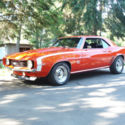 1969 Chevy Camaro SS Coupe 350, Professional Restoration.
1969 Chevy Camaro SS Coupe 350, Professional Restoration.
Mileage: 5,093
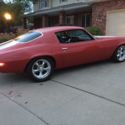 1972 Camaro fresh professional restoration
1972 Camaro fresh professional restoration
Mileage: 30
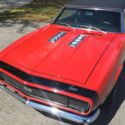 1968 Chevy Camaro RS SS Convertible Professional Full Restoration
1968 Chevy Camaro RS SS Convertible Professional Full Restoration
Mileage: 106,627
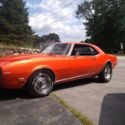 1968 chevy camaro full professional restoration show car
1968 chevy camaro full professional restoration show car
Mileage: 1,800
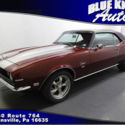 1968 CHEVY CAMARO 396 BIG BLOCK PROFESSIONAL RESTORATION CLEAN TITLE ORIG MILES
1968 CHEVY CAMARO 396 BIG BLOCK PROFESSIONAL RESTORATION CLEAN TITLE ORIG MILES
Mileage: 28,209
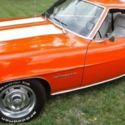 Original Not a restoration!! 1969 Chevrolet Camaro Z 28 RS
Original Not a restoration!! 1969 Chevrolet Camaro Z 28 RS
Mileage: 48,000
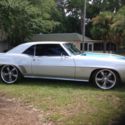 1969 Chevrolet Camaro Complete Restoration
1969 Chevrolet Camaro Complete Restoration
Mileage: 2,876
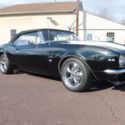 1967 CHEVROLET CAMARO SS CONVERTIBLE RESTO-MOD BODY OFF RESTORATION, 350 HO
1967 CHEVROLET CAMARO SS CONVERTIBLE RESTO-MOD BODY OFF RESTORATION, 350 HO
Mileage: 1,400
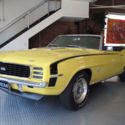 1969 Chevrolet Camaro 350 SS/RS Convertible frame off restoration
1969 Chevrolet Camaro 350 SS/RS Convertible frame off restoration
Mileage: 77,953
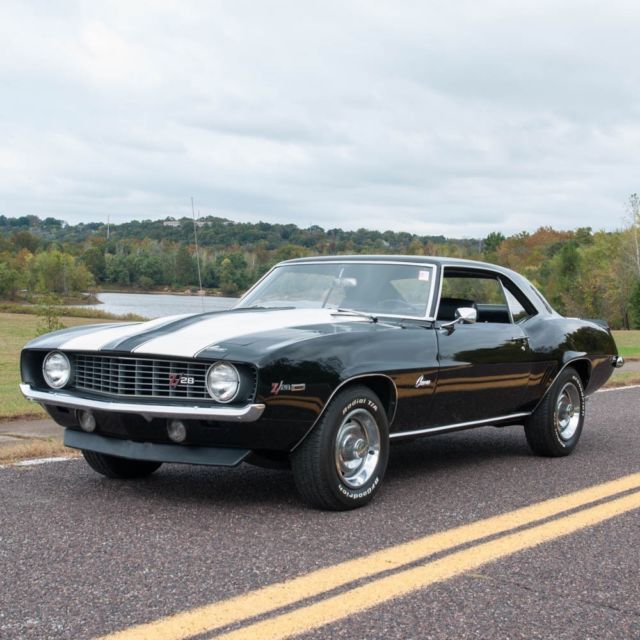
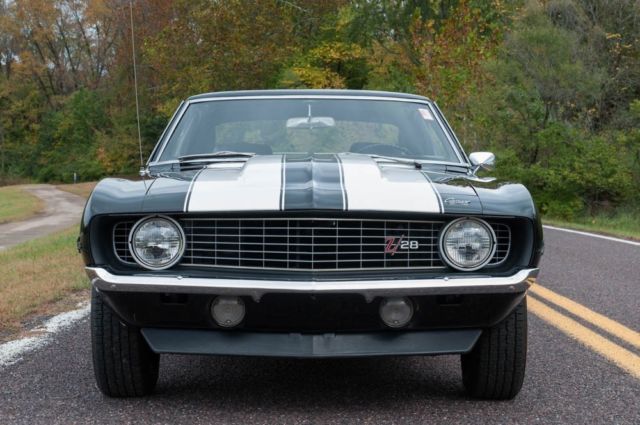
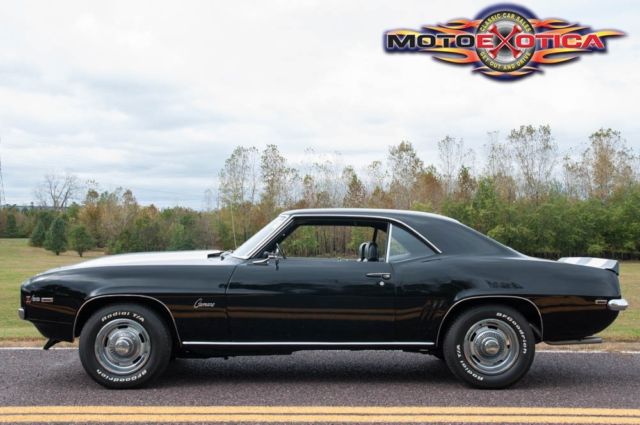
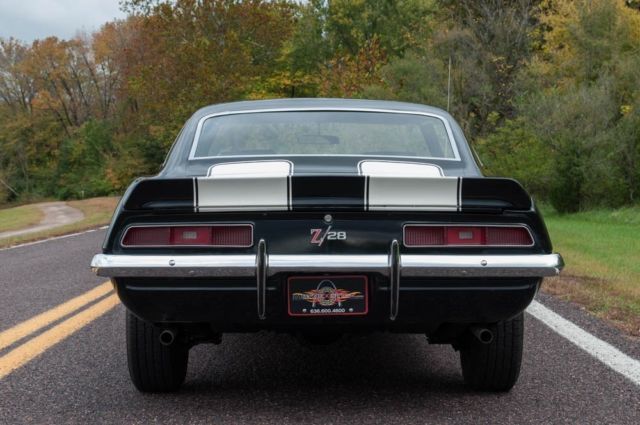
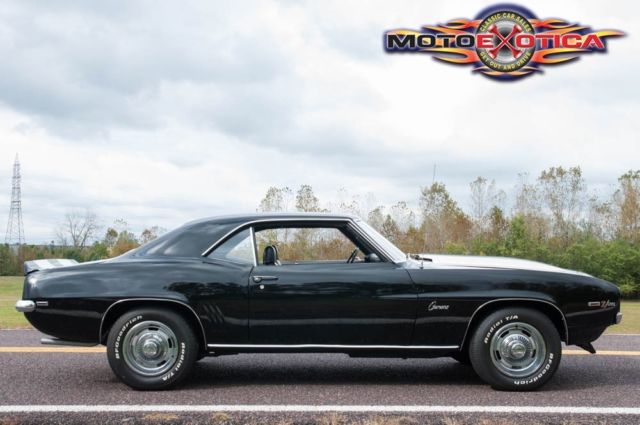

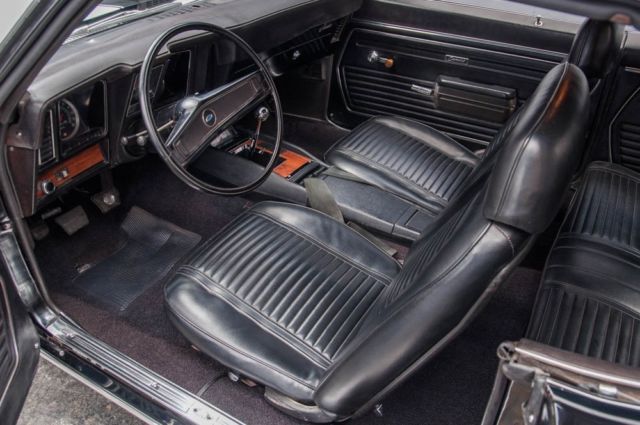
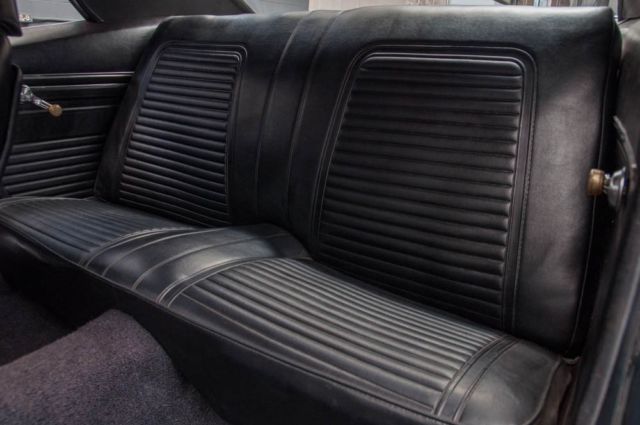
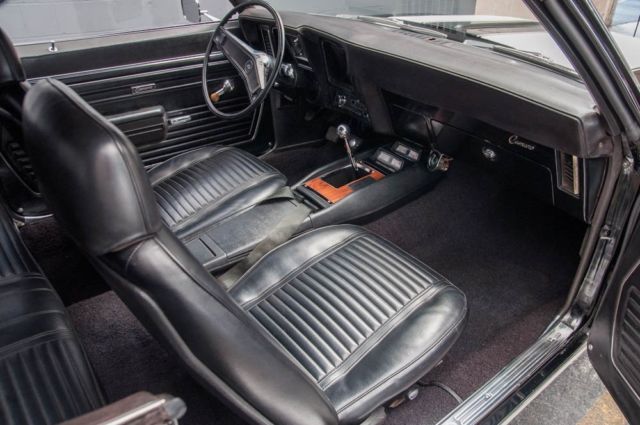
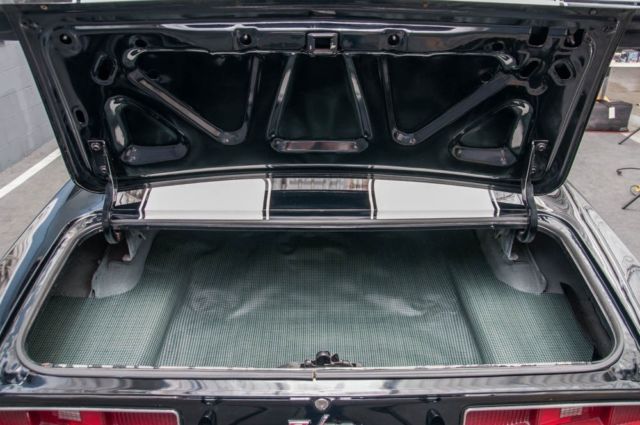
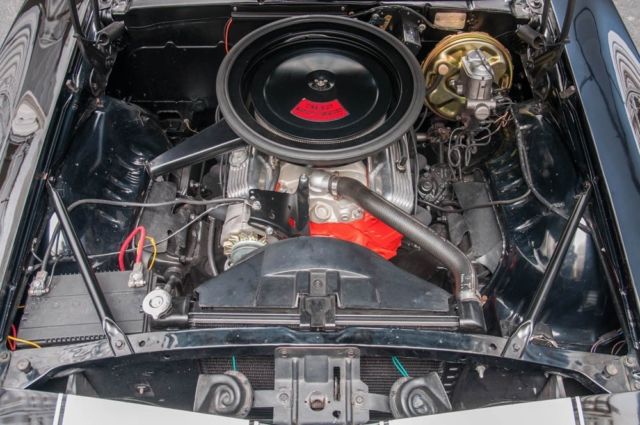
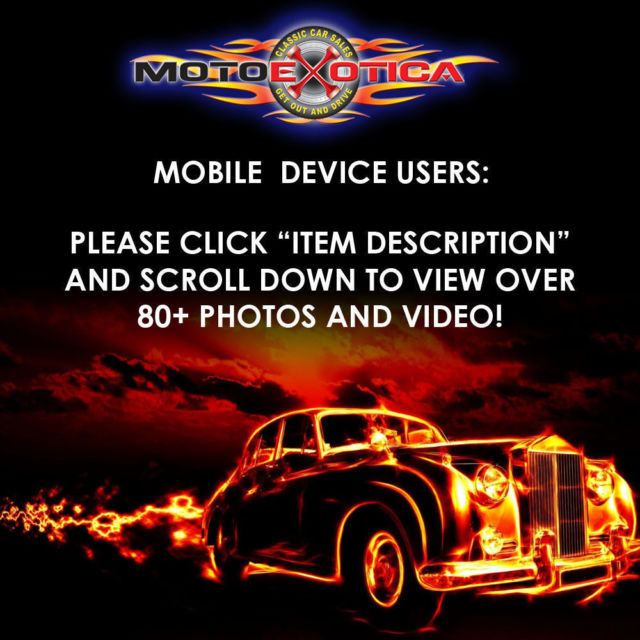
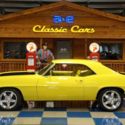 1969 Chevrolet Camaro Z/28 LS2 Frame-Off Restoration
1969 Chevrolet Camaro Z/28 LS2 Frame-Off Restoration